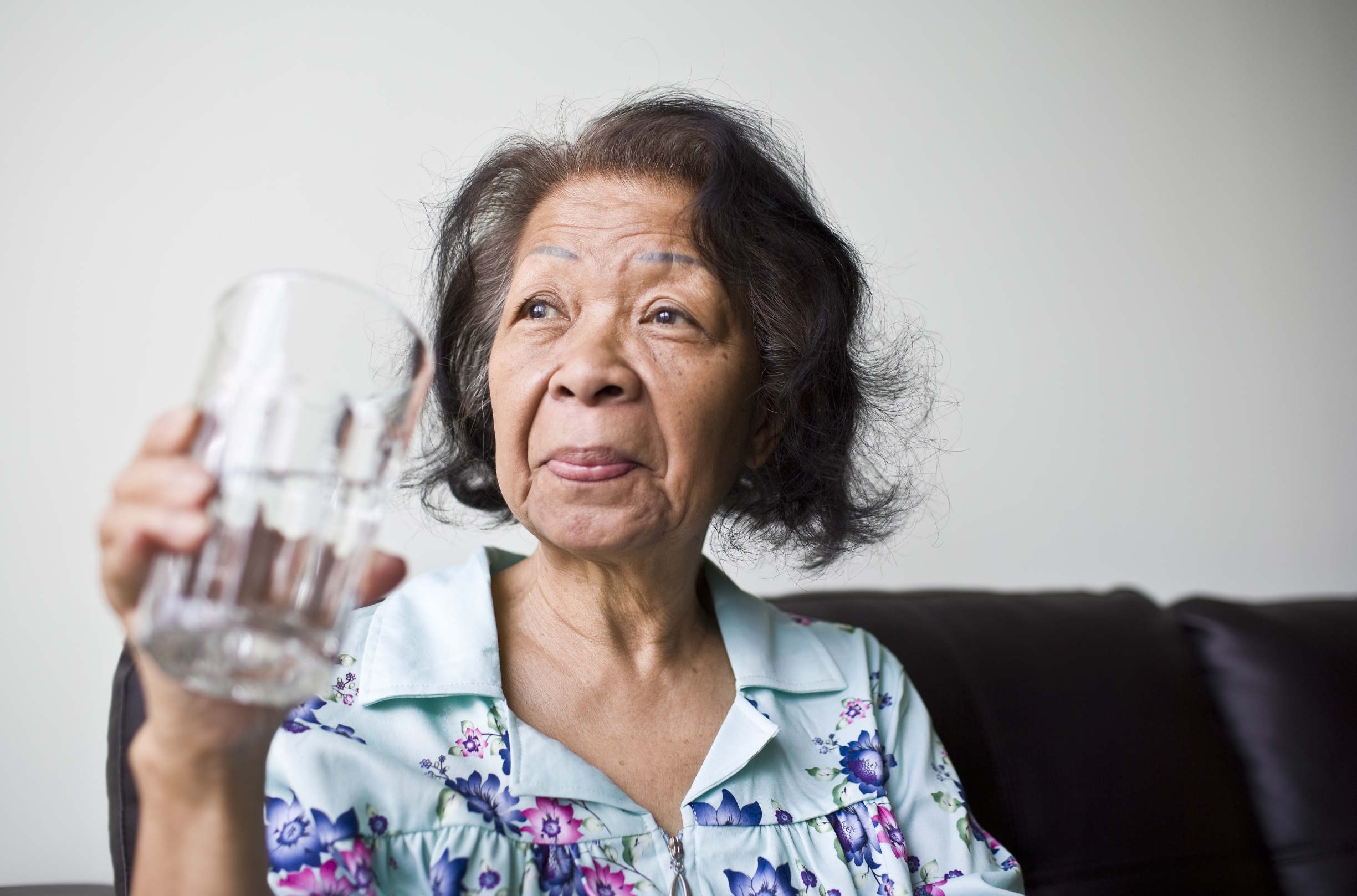Malnutrition Week 2020 - Are you eating enough?
Published on 12 October 2020 04:53 PM

Would it surprise you that an estimated that one in ten people over the age of 65 are at risk of malnutrition?
This last week, 8th to 12th October, has been “Malnutrition Week”, which is all about raising awareness of the importance of eating and drinking well in later life. We'd like to share information from the Malnutrition Task Force.
Having nutritious and varied food is important for good health and well-being throughout life. As we age, it becomes even more important. Signs of unintentional weight loss often go unnoticed until it has a big effect on a person’s health. You might know someone who’s not eating enough, or it might even be you?
Malnutrition can affect health and wellbeing, and cause long-term health problems for otherwise healthy and independent older people. It can also mean more visits to the GP, increased chances of being admitted to hospital and longer recovery times from illness.
It can lead to a weaker immune system, increased risk of infections, poor wound healing, and muscle weakness, which can result in falls and fractures. Being undernourished can also have a negative impact on someone’s quality of life due to low energy levels, dizziness and generally feeling under the weather.
There are many reasons why people might lose their appetite, particularly when they’re older. It might be due to feeling a bit down or not being bothered to cook for maybe just one. Financial worries or certain long term health conditions can also play a part. Being a carer for someone can sometimes make eating a low priority in which case, carers are very much at risk of becoming malnourished themselves.
But whatever the reason, we’ve some tips to share, to make sure that you’re eating and drinking enough throughout the day:
- Drink and eat more frequently. If large meals or beverages don’t work for you, spread your intake out throughout the day in smaller portions.
- Weigh yourself regularly to see if you are losing weight or not.
- Eat foods rich in protein like meats, and fortified foods like full-fat dairy products. These can help to increase your caloric intake, and generally keep you well nourished.
- The standard recommendation for fluid intake is 6-8 cups per day, and this doesn’t have to be just water, it can be most any drink. You can also consume more fluid by eating foods that contain high amounts of water, like yoghurt, ice cream, and produce.
- Ask for help when you need it. If you need any support, make sure to reach out. There are plenty of people that are willing to help you stay healthy.
Even though advertisements will tell us to eat less to stay healthy, that is not true for most people, especially those in later life. It is more important to be consuming enough calories and fluids each day than to worry about if what you are eating is healthy, or if you are eating “too much”.
For more information and tips, check out the “Eating Well in Later Life” guide from The Malnutrition Task Force. It’s very readable with lots of practical, helpful information for both older people and carers.
Don’t forget that in most cases, malnutrition and dehydration are largely preventable. Losing weight is not an inevitable part of ageing and if you are concerned, do speak to your GP, Practice Nurse or health professional.
If you are struggling to get hold of regular shopping supplies, please contact our Helpline on 020 7281 6018 / gethelp@ageukislington.org.uk.
Answers to the commonly held myth questions in our 14th October newsletter, are as follows:
- Is it normal for people to lost weight as they get older? No
- Is losing weight or your appetite in later life something to be concerned about? Yes
- Does malnutrition exist in the UK anymore? Yes
